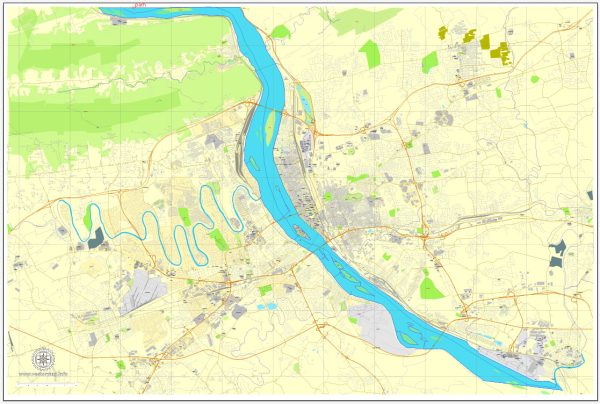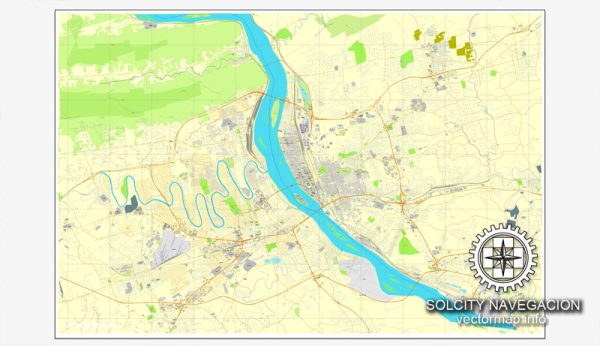Harrisburg, Pennsylvania, holds a significant place in United States history due to its strategic location, role in transportation, and its association with key events and developments. Here is a brief description of its historical significance:
- Geographical Significance: Harrisburg is the capital city of Pennsylvania, making it an essential center for state government and politics. Its location along the Susquehanna River in the southeastern part of the state has played a crucial role in its historical importance.
- American Revolution: During the American Revolution, Harrisburg served as a key logistical and transportation hub. It was a center for the transportation of goods and supplies for the Continental Army and played a role in the defense of Pennsylvania against British forces.
- Transportation Hub: In the 19th century, Harrisburg became a vital transportation hub. The construction of the Pennsylvania Canal and later the Pennsylvania Railroad established the city as a major link between the East Coast and the Midwest, facilitating trade, communication, and westward expansion.
- Civil War: Harrisburg played a crucial role during the American Civil War. It served as a training and staging area for Union troops, and it was a hub for the transportation of troops and supplies to the front lines. The city was also threatened by Confederate forces during the Gettysburg Campaign in 1863.
- Industrial and Economic Growth: In the late 19th and early 20th centuries, Harrisburg experienced significant industrial and economic growth, driven by industries such as steel, manufacturing, and agriculture. It became a thriving center for commerce and industry in the region.
- Transportation Infrastructure: The city’s transportation significance continued into the 20th century. Harrisburg remains a major transportation crossroads, with several major highways converging in the area. The Pennsylvania Turnpike, Interstate 83, and Interstate 81 are key routes that intersect in or near the city.
- State Government: As the capital of Pennsylvania, Harrisburg is home to the Pennsylvania State Capitol, an architectural masterpiece. It’s also the location of the Pennsylvania Governor’s Residence and the offices of state government. The state legislature and various government agencies are headquartered in the city.
- Cultural and Educational Institutions: Harrisburg is home to several cultural and educational institutions, including the State Museum of Pennsylvania and the Pennsylvania State University’s Harrisburg campus. These institutions contribute to the city’s cultural and intellectual life.
- Flood of 1972: Harrisburg experienced a devastating flood in 1972 when Hurricane Agnes struck the region. The flood caused significant damage to the city and led to efforts to improve flood control and disaster preparedness.
- Modern City: Today, Harrisburg continues to be an important regional center, known for its history, government, and transportation. It plays a role in the cultural and economic life of Pennsylvania and remains an important part of the state’s heritage.
In summary, Harrisburg, Pennsylvania, has a rich history that spans the American Revolution, the Industrial Revolution, the Civil War, and its ongoing role as the capital city of Pennsylvania. Its strategic location and historical significance make it an integral part of the state’s and the nation’s history.




 Author: Kirill Shrayber, Ph.D. FRGS
Author: Kirill Shrayber, Ph.D. FRGS